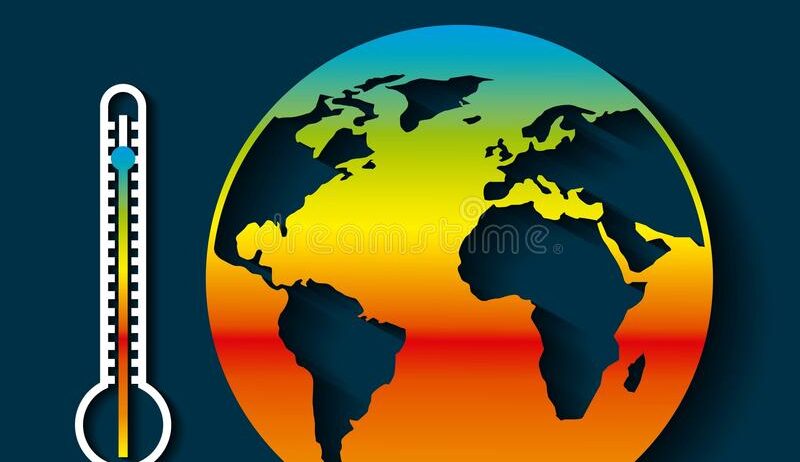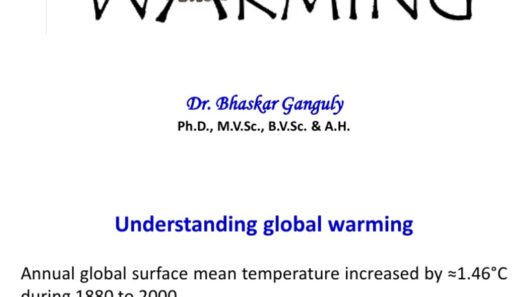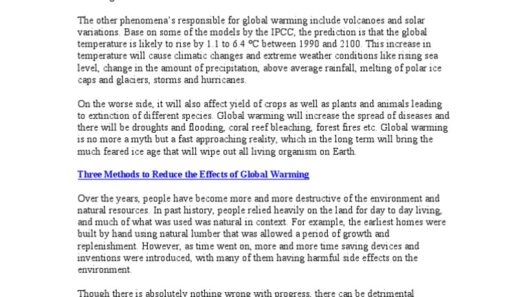The intersection of faith and environmental stewardship is becoming an increasingly significant discourse among religious institutions. The Church, long regarded as a bastion of spiritual guidance and moral imperatives, holds a unique position in addressing the multifaceted crisis of climate change. This discussion invites an exploration of the theological underpinnings of ecological sustainability, the moral responsibilities ascribed to congregations, and the cohesive action that must be taken to safeguard the planet for future generations.
At the heart of this exploration lies a poignant observation: many faith communities possess a deep-seated reverence for creation, yet inconsistencies often arise between this reverence and the behavioral practices of their congregants. The variances in environmental engagement can hint at deeper reasons for the fascination. Are individuals drawn to faith communities out of a desire for moral clarity yet remain ambivalent about ecological concerns due to a lack of theological instruction on creation care? It is imperative to delve into the scriptural foundations that can galvanize a collective response to environmental degradation.
Scripture unequivocally asserts the intrinsic value of creation. The Genesis narrative articulates humanity’s role as stewards of the Earth, charged with the responsibility to cultivate and care for the land. This stewardship ethic is echoed throughout the Bible, where divine mandates call upon humanity to nurture and protect the environment. Such texts serve as a clarion call, urging believers to recognize their obligation toward the grandeur of creation. By embracing these teachings, congregations can enrich their theological discourse, infusing it with a profound sense of responsibility toward environmental harmony.
However, the relationship between faith and climate action extends beyond mere scriptural endorsement. It encompasses a moral framework that calls for action against injustice. Climate change is not merely an environmental issue; it is a social justice concern. Marginalized communities often bear the brunt of environmental degradation, suffering the consequences of natural disasters, pollution, and resource scarcity. Consequently, the Church is positioned to advocate for the voiceless. A moral imperative exists to confront climate injustice, ensuring that the preventive measures address the disparities faced by the most vulnerable populations.
This intersection of faith and justice highlights an urgent need for education and awareness within faith communities. Sermons, study groups, and community discussions can cultivate an understanding of the science behind climate change, elucidating its dire implications for humanity and the planet at large. Such educational endeavors should endeavor to move believers beyond mere acknowledgment of climate change to concrete actions that embody their faith’s tenets. Engaging with complex environmental issues can deepen congregational ties, fostering a sense of shared mission and purpose among the community.
Moreover, the Church’s engagement with climate change must transcend national boundaries and social stratifications. Climate change is a global phenomenon that knows no borders. It calls for a unified response that includes theological cooperation on an international scale. The Church has the potential to serve as a global leader, bringing together diverse congregations to tackle climate change collaboratively. By forging alliances across faith traditions, denominations, and geographical regions, Christians can strengthen the resolve necessary to address these unprecedented challenges.
Encouraging sustainable practices within church operations is a compelling tangible action that can be taken. Churches can serve as models of environmental stewardship by implementing green policies, such as reducing waste, utilizing renewable energy sources, and fostering biodiversity within their grounds. The tangible manifestation of these efforts sends a clear message to the congregation and the surrounding community. Through such initiatives, the Church can live out its commitment to stewardship, providing a model of responsible action amidst the existential threat of climate change.
The impact of climate change also beckons a reconsideration of the liturgical calendar. Incorporating themes of creation care and environmental justice into religious observances can fortify the connection between faith and ecological awareness. For instance, special services focusing on Earth Day or creation-focused liturgies can serve to rekindle the congregation’s commitment to environmental issues. The cadence of worship can thus become a resonant platform for advocating ecological responsibility. Themes of hope, renewal, and stewardship can imbue the faithful with the energy required to enact change.
Moreover, advocacy initiatives targeting legislative action should be part of the Church’s mission. Engaging with policymakers to promote sensible environmental policy is a crucial aspect of a faith-based response to climate change. The Church holds significant sway in public discourse, and mobilizing congregations to advocate for policies that mitigate climate change brings both moral and ethical imperatives to the realm of politics. By collectively reaching out to governmental bodies, the Church can effectively amplify the voice of creation, calling for innovative solutions that prioritize ecological integrity.
In conclusion, the Church’s role in combatting climate change is monumental. By intertwining faith with environmental stewardship, congregations can foster a deepened sense of responsibility toward creation. This creates an opportunity for education, advocacy, and action that is not only spiritual but fundamentally transformative. As faith communities actively engage in this moral imperative, they can illuminate the path toward a sustainable future, forging a legacy of hope and resilience for generations to come. Each Church bears the opportunity, and indeed the obligation, to answer the call to action on climate change, weaving together spirituality, justice, and ecological integrity into a vibrant tapestry of faith-driven stewardship.








